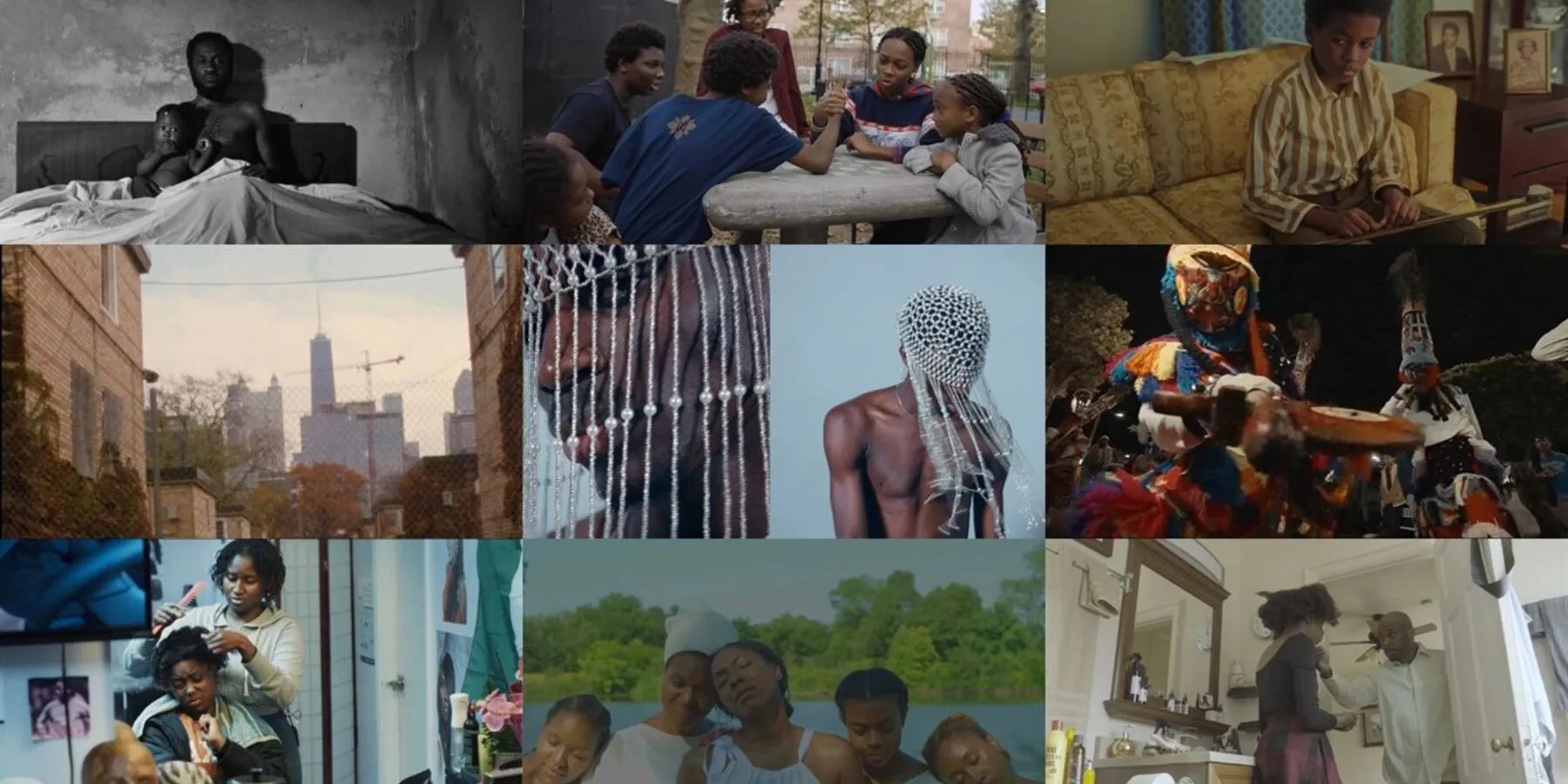Tamron’s words flow seamlessly throughout the novel, and particularly when she describes areas in Chicago. Her descriptions paint pictures of the previously middle-class neighborhood, now fallen into disrepair, on the Southside of Chicago where a crime scene exists. But apart from that vividly realized physical landscape, there is an inescapable embodiment of empathy that broadcaster Jordan Manning feels for the missing victims and their families. They are not statistics to her.
Tamron Hall herself was an anchor in Texas who moved to Chicago where she noticed that some of the instances of missing African-American women were not given the same media attention as missing Caucasian women. The late journalist and moderator of “Washington Week,” Gwen Ifill, coined this phenomenon “The Missing White Woman Syndrome.” That is, the inordinate amount of news space given to victims who are blonde and blue-eyed, and the almost invisible mention of women of color. Jordan Manning is determined to ascribe meaning to the lives of the missing Black girls through her investigation.
In the novel, Manning hones in on the long journey that was taken by the murdered 15-year-old Masey James—consisting of a two-hour bus trip with a transfer to three difference buses—to arrive at the Math and Science Academy she attends. She notes the care Masey takes with her appearance, her smiling face and likable personality, and the bright future ahead of her. There is no way that this promising young woman ran away, which resulted in her body being found in an abandoned lot. Yet the police refused until too late to treat her as a missing person and put out an amber alert. Manning enlists the help of a forensics expert on her own time to translate the evidence tucked away in a file drawer. She wants to make sense of this crime.
But the novel is also full of fun details about the private life of a single female reporter who dresses fashionably and prefers to keep her love life private. She is married to her career and doesn’t leave much space for the lovers who roll in and out of her life at her invitation. She is in control, never taking her eye off the ball.
Hall’s real-life efforts to end domestic violence were motivated by the death of her sister, Renate, who was a victim of domestic violence, but whose murder remains unsolved. Ms. Hall received the Edward R. Murrow Award for her segment on domestic violence as part of “TODAY’s” Shine A Light series, and the key to the city of Luling, Texas in 2015. A year later, she was named the Honorary Muse in the largest female Mardi Gras parade. She also launched in conjunction with Safe Horizon a domestic violence awareness fund, The Tamron ❤ Renate Fund in honor of her sister. She was recognized by Day One, a New York-based advocacy group for victims of domestic violence. And she received the Ackerman Family Advocate Award for raising awareness to aid families who have a loved one experiencing abuse.
You can view the original article HERE.





























:quality(85):upscale()/2025/04/01/587/n/1922564/fe60d6be67ebe4b0bbd6f1.79749549_.png)